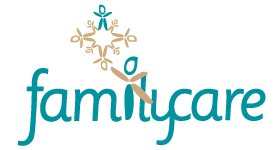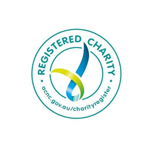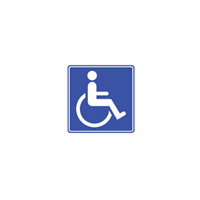Person Using Violence Case Management
In recognising that one size does not fit all, case management offers an approach which recognises that people who choose to use violence may be at different levels of acceptance of responsibility and motivation to change.
Case Management aims to reduce the risk associated with the person who chooses to use family violence by providing an individualized and tailored response to address the barriers to engaging in the change process.
This is achieved through proactive practical and psychological support to people across the community who use family violence in conjunction with systemic and integrated risk management strategies.
The purpose of case management is to:
- Keep people who choose to use violence in view of services and relevant authorities
- Contribute to a ‘safe at home’ approach
- Provide an opportunity to engage with victim survivors via family safety contact
- Offer people who choose to use violence a timely response
- Identify information that may be proactively or responsively shared on request under the information sharing scheme to contribute to risk assessment and management for victim safety
- Actively engage people who choose to use violence with a view to identify key changes necessary to enable them to take responsibility and enable the victim survivor to live safely , including the ongoing use of risk assessment and risk management
- Provide a more tailored service response through the coordination of specialist services, including mental health, alcohol and other drug, and housing services
- Assist in engagement with programs that aim to stop family violence, including but not limited to Men’s Behaviour Change Programs
- Actively involve the person who chooses to use violence in planning and decision making to encourage engagement with other social and universal services
Eligibility:
Case management may be provided to:
Persons who choose to use violence against family members and require practical support around managing risk
Persons who choose to use violence who have been deemed unsuitable for a Men’s Behaviour Change Program. This includes those who:
- Do not have English as their primary language
- Have complex needs that require intervention, support and stability before they can safely participate in a MBCP, including mental health, alcohol & other drugs and homelessness issues
- Have complex needs that require and individualized response, including cognitive impairment and acquired brain injury (ABI), and require support around complex health and social issues
- May be at risk from other persons who choose to use violence due to the nature of their offending or relationship context
For more information contact The Orange Door 1800 634 245













